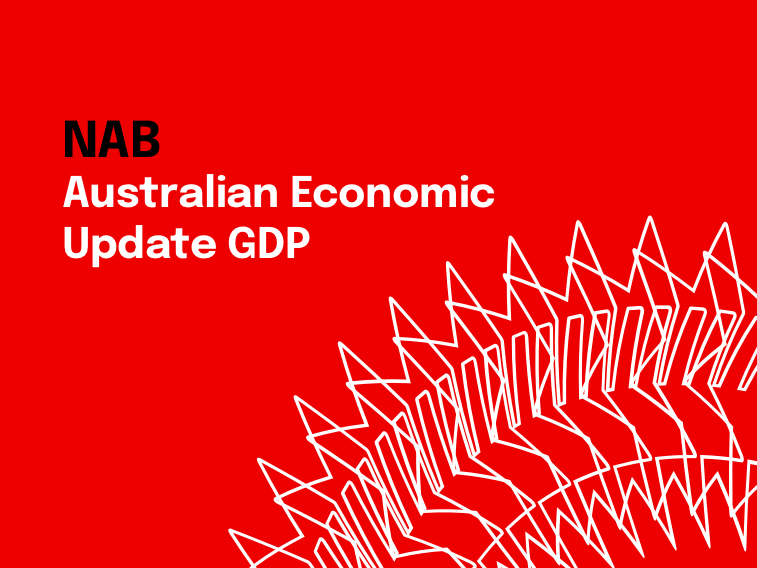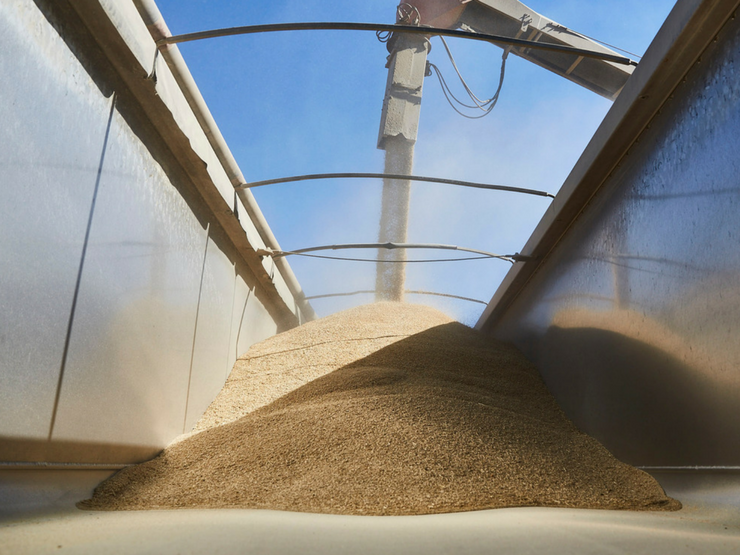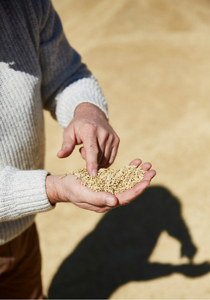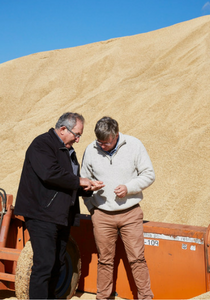A soggy start to 2025


Insight
Many farmers take control of their supply chain but few market the benefits to customers as successfully as Australian Grain Link. Over the past 16 years this strategy has helped them carve out lucrative specialty niches that show no signs of shrinking.

Taking full responsibility for every link in your supply chain is a big ask for bulk grain suppliers. But Australian Grain Link (AGL) Co-Founder and Managing Director, Paul Pearsall, saw it as the only way to capture and maintain the premium niche markets he was targeting. In the process, he’s branded the Riverina area of NSW as strongly as AGL itself. It’s a strategy that’s paying dividends by the container load for everyone involved.
Paul Pearsall has no trouble spotting new opportunities for his company Australian Grain Link (AGL).
In fact, he’s not even casting his net wide to find them. Instead, he’s narrowing it to target premium niches within the bulk commodity market.
“Everyone says you can’t brand a commodity product but I take heart from what Perrier did for water,” Pearsall grins.
From the very beginning, AGL branded itself as a supplier of human consumption specialty grains. Pearsall’s initial training involved flour milling so he knew which grains were in short supply. It was this knowledge that led him and the Salvestro family to start AGL in NSW’s Western Riverina area sixteen years ago.
However, selling grains for above-average premiums comes with above-average demands. While Pearsall claims AGL’s track record shows they can be trusted to deliver, the company still has to constantly demonstrate the integrity and safety of their products.
“Full traceability is an imperative for our Asian clients. And with the gluten- and allergen-free grain markets exploding here and abroad, we have to make sure there’s zero wheat and barley in those too,” says Pearsall. “The only way to do that is to take full responsibility for every stage of your supply chain.”
AGL has gone on to create its own premium brand position by marketing every aspect of that tightly controlled chain. “And if increasing volume and repeat orders are the measures, it’s working very well,” he adds.
Creating and maintaining the AGL brand starts with the quality of the grain. AGL currently uses the supplying agronomist’s crop validation as a guarantee for buyers. “It means they know the husbandry and inputs of our crops. However, it’s not a great marketing tool because it’s not officially recognised,” notes Pearsall.
AGL is lobbying for an externally authenticated ‘Farmer Declaration’ that will give customers full traceability they can trust. “We need a wider, industry-established benchmark so that the cost of compliance is lower and easier to manage,” Pearsall says. “If you look at how Austrade marketed Brand Australia’s ‘Clean and Green’ message, and do the same for traceability, it would give Australian agriculture a huge advantage.”
 Putting the region on the map
Putting the region on the map
Pearsall’s determination to control AGL’s logistics has led to the company’s storage, transport and container packing being branded as the Western Riverina Intermodal Freight Terminal (WRIFT).
“My objective with establishing the WRIFT was to give us road, rail and container cost efficiencies from here, right through to the port in Melbourne. It’s about being responsible and backing ourselves to compete successfully,” he says.
AGL has convinced local farming logistics companies to co-invest in and use AGL’s infrastructure. As a result, Pearsall says WRIFT is already creating natural growth throughout the area and he believes it will grow further.
“It doesn’t matter what type of product I’ve got or how good my branding is, I’ve got to make my operation competitive to survive. For customers, the WRIFT defines us as a region that delivers on all fronts. That’s an invaluable traceability and marketing tool,” he adds.
Pearsall says he insists on AGL testing down to the level of microbial activity in all areas of farming, storage and transport. This attention to detail has cemented the company’s reputation and it now has potential customers coming to them with new business proposals
“Oats is a classic example,” says Pearsall. “We hadn’t traditionally done oats, but Freedom Foods asked us to do all their oat segregation – which has to be gluten- and allergen-free. It’s a sign that your brand is taken seriously and actually stands for something.” He points out that being GM-free works in the same way. “It’s a big point of difference for Australian produce,” he adds.
Pearsall is adamant that there is a lot more opportunity in specialty grains and providing traceable segregation guarantees. “The other guys only want to deal in big 100,000-tonne exports. We’re delighted to leave them to it.”
He also believes that adding processing and packaging to the supply chain is where future growth lies. He cites Uncle Toby’s, which instead of sending bulk oats to Japan now has AGL shipping its rolled oats in a branded box.
In fact, he has recently appointed a general manager of grain marketing to focus on that side of the business. “Meanwhile, I’m spending more time overseeing the supply chain and looking to add value wherever we can.”
© National Australia Bank Limited. ABN 12 004 044 937 AFSL and Australian Credit Licence 230686.